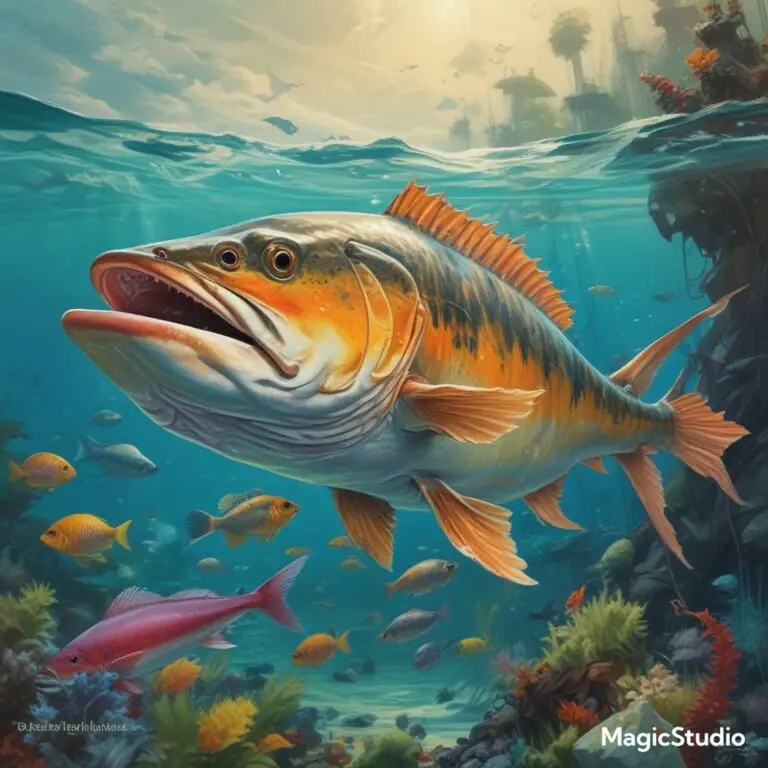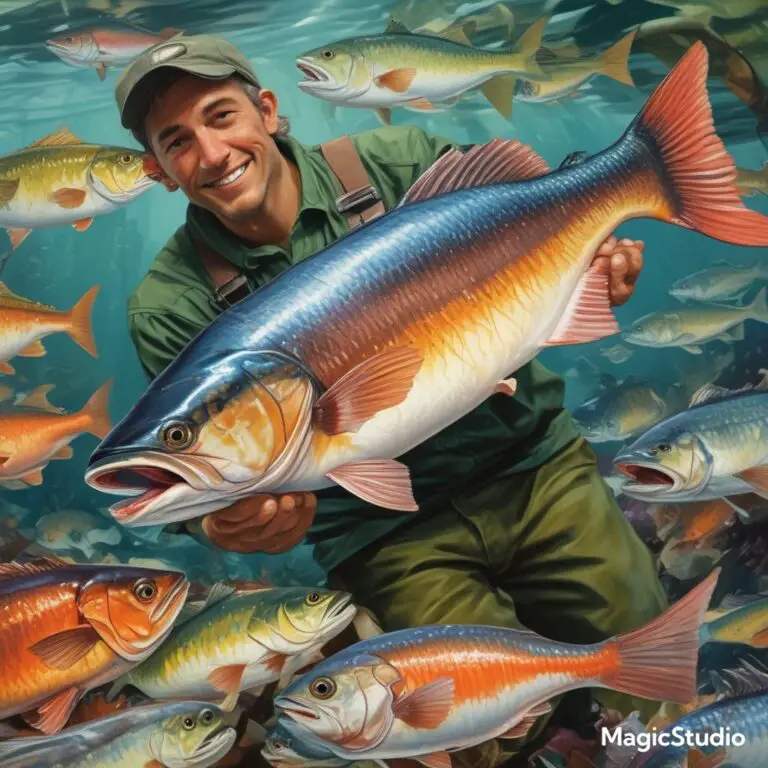The Benefits of Sustainable Fishing Practices: A Guide for Eco-Conscious Consumers
The Benefits of Sustainable Fishing Practices: A Guide for Eco-Conscious Consumers
As awareness about environmental issues grows, more people are turning to sustainable practices in their daily lives. One area where this shift is particularly impactful is in the realm of fishing. Sustainable fishing practices not only help preserve marine ecosystems but also ensure that future generations can enjoy healthy oceans and abundant fish stocks. In this guide, we’ll explore the benefits of sustainable fishing and how you, as an eco-conscious consumer, can make a difference.
What Are Sustainable Fishing Practices?
Sustainable fishing involves methods that maintain fish populations at healthy levels while minimizing harm to the marine environment. This approach is crucial for protecting biodiversity, supporting local economies, and ensuring the long-term availability of seafood.
Key Aspects of Sustainable Fishing:
- Catch Limits: Regulations to prevent overfishing and allow fish populations to recover.
- Bycatch Reduction: Techniques to minimize the capture of non-target species and reduce ecosystem impact.
- Habitat Protection: Measures to safeguard critical habitats such as coral reefs and mangroves.
- Monitoring and Compliance: Systems to track fishing activities and ensure adherence to sustainability standards.
Benefits of Sustainable Fishing Practices
Sustainable fishing offers numerous benefits, ranging from environmental preservation to economic stability. Here’s a closer look at some of the key advantages:
1. Protects Marine Ecosystems
By reducing overfishing and minimizing bycatch, sustainable fishing helps protect marine ecosystems and maintain the balance of ocean life.
Environmental Benefits:
- Preserves Biodiversity: Helps maintain diverse and healthy marine species populations.
- Protects Critical Habitats: Safeguards essential habitats like coral reefs and seagrass beds.
- Reduces Ecosystem Disruption: Minimizes the impact on the marine food web and ecosystem dynamics.
2. Supports Long-Term Seafood Availability
Sustainable fishing practices ensure that fish populations remain healthy and viable, providing a reliable source of seafood for the future.
Long-Term Benefits:
- Prevents Overfishing: Ensures that fish stocks are harvested at sustainable levels.
- Promotes Stock Recovery: Allows overexploited fish populations to rebuild and recover.
- Secures Future Supplies: Supports the ongoing availability of seafood for consumers and the industry.
3. Boosts Local Economies
Sustainable fishing can enhance local economies by supporting small-scale fisheries and promoting responsible seafood markets.
Economic Benefits:
- Supports Local Fishermen: Provides fair opportunities and stable livelihoods for small-scale and artisanal fishers.
- Enhances Market Demand: Increases consumer demand for sustainably sourced seafood products.
- Promotes Eco-Tourism: Attracts eco-conscious tourists and supports related businesses.
4. Improves Seafood Quality
Sustainable fishing often results in higher quality seafood due to careful handling and responsible harvesting methods.
Quality Benefits:
- Healthier Fish Stocks: Results in fresher and more nutritious seafood.
- Better Handling Practices: Emphasizes proper handling and processing to maintain quality.
- Transparency in Sourcing: Provides consumers with clear information about seafood origins and sustainability.
5. Fosters Environmental Stewardship
By supporting sustainable fishing practices, consumers contribute to broader environmental stewardship and conservation efforts.
Stewardship Benefits:
- Encourages Responsible Consumption: Promotes choices that align with environmental and ethical values.
- Supports Conservation Efforts: Contributes to broader marine conservation initiatives and policies.
- Educates and Inspires: Raises awareness about the importance of sustainability and inspires others to take action.
How to Support Sustainable Fishing Practices
As an eco-conscious consumer, you can play a crucial role in supporting sustainable fishing practices. Here are some practical steps you can take:
Actionable Steps:
- Choose Certified Seafood: Look for labels such as MSC (Marine Stewardship Council) or ASC (Aquaculture Stewardship Council) when purchasing seafood.
- Support Local Fisheries: Buy seafood from local, sustainable fisheries to support community-based efforts.
- Educate Yourself: Learn about the sustainability of different fish species and fishing practices.
- Advocate for Change: Support policies and organizations that promote sustainable fishing and marine conservation.
Embracing sustainable fishing practices is not just about making ethical choices—it’s about ensuring the health and vitality of our oceans for generations to come. By understanding and supporting these practices, you contribute to a more balanced and resilient marine environment, secure seafood supplies, and vibrant local economies.
Together, we can make a positive impact and enjoy the benefits of sustainable seafood while protecting the planet’s precious resources.
The benefits of sustainable fishing practices are profound and far-reaching. By incorporating these practices into your daily life, you become part of a global movement toward healthier oceans and a more sustainable future.





